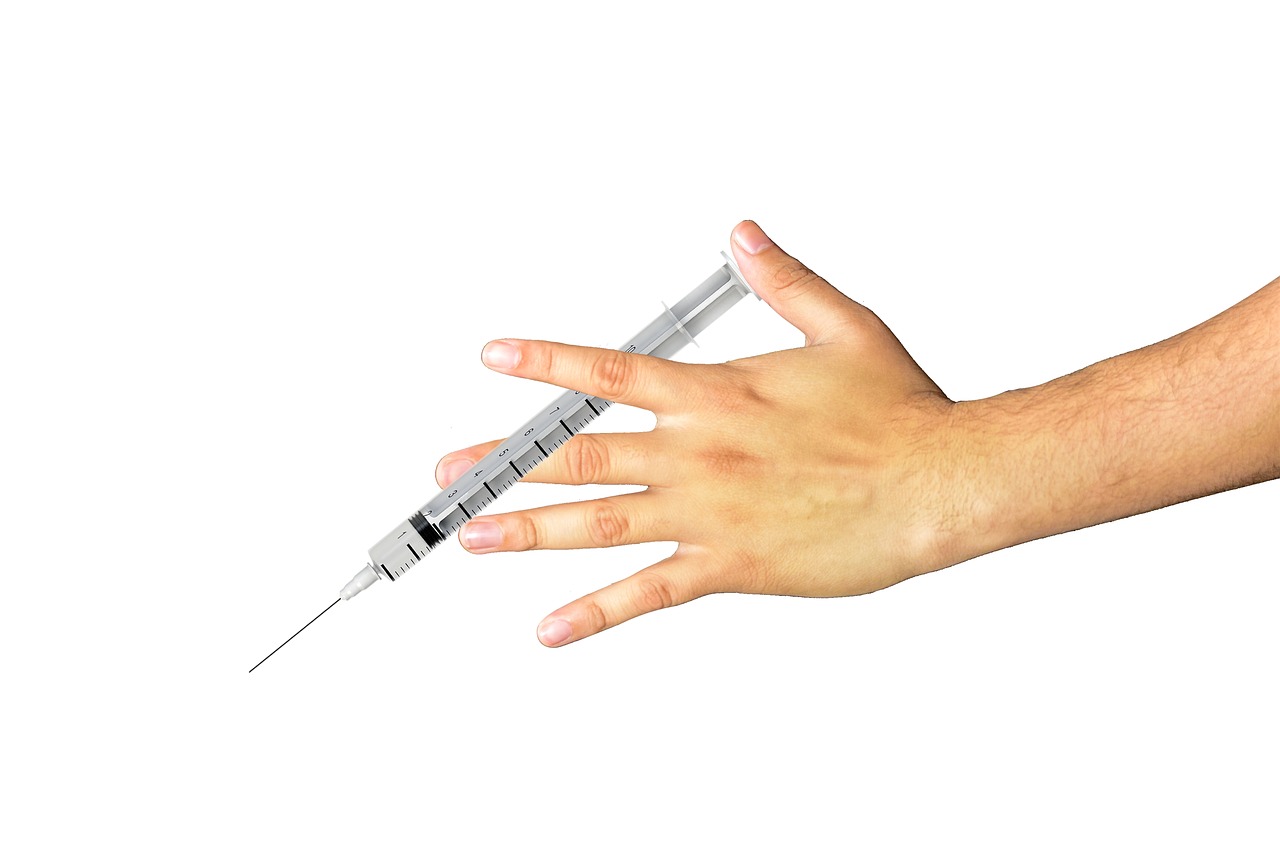Have you heard of the bacterium Clostridium tetani present in the soil? This bacteria can enter your body through open wounds with a small scratch or a tiny prick leading to a life-threatening condition called tetanus.
A tetanus vaccine is the most effective, easiest, and safest means to prevent this bacterial infection. Tetanus in neonates of 3 to 10 days is even more concerning because it could be fatal. However, this condition in neonates is highly-preventable by immunization. Vaccinating the mother against Tetanus before or during the pregnancy prepares for neonatal tetanus prevention.
This article gives you insights into what Neonatal Tetanus is all about, with the details on the requirement, administration, and side effects of the tetanus toxoid (TT) Vaccination.
Also Read: Ovary Normal Size in mm: Right and Left, Is Ovary Size Important to Get Pregnant?
In this Article
Neonatal Tetanus
Tetanus in neonates is caused due to unhealed, non-sterile stumping of the umbilical cord. The World Health Organisation (WHO) recognizes nearly 34,000 neonatal deaths in 2015 resulting from the toxigenic strains of Clostridium tetani. Though the numbers seem less than the previous year’s neonatal tetanus death statistics, this condition remains a global public health concern.
- tetani, the toxin-producing strain of bacteria, affects the central nervous system to cause rigid muscles and spasms. In neonatal tetanus, symptoms appear as early as 3 -28 days after birth, averaging up to 7 days.
The initial signs of tetanus infection in a neonate are the inability to suck or breastfeed and excessive crying. Other characteristic features of tetanus include:
- Trismus- locking of jaw or inability to open the mouth, spasms of jaw muscles
- Risus sardonicus- Forced closure of teeth and raised eyebrows
- Opisthotonus- the backward arching of the spine
The conditions in newborns are worse- apnea (cessation of breathing) and sepsis leading to organ damage and even death. The other complications associated with tetanus, such as pneumonia, pulmonary or central nervous system hemorrhage, and laryngeal spasm (blockage of airways), are also life-threatening.
Also Read: Internal OS Closed: What Does It Mean in Pregnancy Scan Report
The need for Tetanus injection during pregnancy
Tetanus may be deadly but is highly preventable. So is neonatal tetanus. Vaccinations in pregnant mothers can avert potential complications arising due to C. tetani infections.
Immunological changes during pregnancy may play a responsible role in infection susceptibility and associated risks outcomes. Vaccinations strengthen the body’s immune systems, helping it fight against serious infectious diseases.
And, for serious infections like neonatal tetanus that can impact the life of the child and the mother, Immunisation is the only preventable possibility.
It is said, maternal immunization against tetanus benefits both pregnant women and the fetus. While immunization can protect the mother’s body from infections, vaccine-build immunity can be passed to the child during pregnancy.
Tetanus Toxoid (TT) Immunisation during pregnancy can help directly transfer the infection protecting antibodies from the mother to the fetus. The vaccination taken by pregnant mothers can invariably protect the unborn and the newborn child until it receives its vaccination.
During which month of pregnancy should you take the Tetanus vaccine?
The World Health Organisation (WHO) time and again has emphasized the requirement of national policies and strategies appealing to high-risk countries to include maternal immunization for tetanus.
In India, the central government’s National Immunisation Schedule (NIS) aims to vaccinate every single pregnant woman and eliminate neonatal tetanus mortality.
With a focus to maximize the maternal antibody response and passive antibody transfer to the unborn fetus, the National Immunisation Schedule recommends the 2 doses of tetanus toxoid (TT) for unknown immunization status of pregnant women.
- The first dose is to be taken immediately after pregnancy detection
- The second dose will be administered 4 weeks after the first dose.
If a mother received 2 TT doses during the previous pregnancy and gets pregnant again within 3 years, then only one TT dose is recommended.
The WHO also recommends a third vaccine dose of TT (TT-booster) be administered after 6 months of the second dose. Mother gets extended protection for 5 years.
If the pregnant mother has not received the tetanus vaccine previously during her pregnancy term, a TT vaccination at the time of delivery is a must.
| Tetanus Toxoid (TT) Dose during pregnancy | When to give | Dose, Route and Site |
| Tetanus Toxoid Dose 1 (TT1) | Early in pregnancy | Each dose of 0.5 ml is administered intramuscularly on the upper-arm region. |
| Tetanus Toxoid Dose 2 (TT2) | 4 weeks after TT1 | |
| Tetanus Toxoid Booster (TT- Booster) | If received 2 TT doses in pregnancy within the last 3 yrs |
What are the side effects of the Tetanus vaccine?
Concerned about vaccine safety? Let’s remind you after the mother receives the TT vaccination,
- Antibodies formed in the mother are transferred to the baby and protect the baby for a few months after birth.
- TT vaccination also helps prevent premature birth or delivery.
The American Congress of Obstetricians and Gynaecologists also recommends tetanus Immunoglobulin because it causes no side effects to either the fetus or the mother.
Conclusion
Tetanus can impact the nervous system causing muscle stiffness and spasms. Neonatal tetanus is one of the causes of neonatal deaths in newly born infants, affecting them 3-10 days immediately after birth.
Vaccination is imperative and the only preventable option for tetanus and neonatal tetanus. Tetanus Toxoid (TT) immunization to pregnant women can transfer the infection-preventing antibodies to the fetus. Thus, protecting the child and mother against the adverse effects of tetanus.
If you are expecting and yet to get the TT vaccination, reach out to your doctor to vaccinate against tetanus-causing bacteria.
Reference
Overview | Vaccination during pregnancy: Today’s need in India




